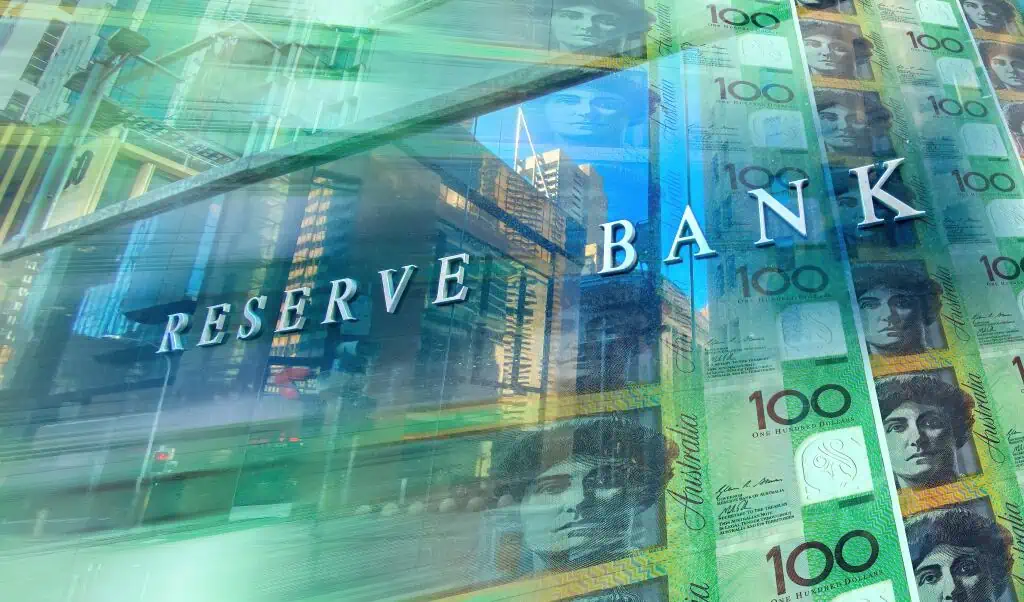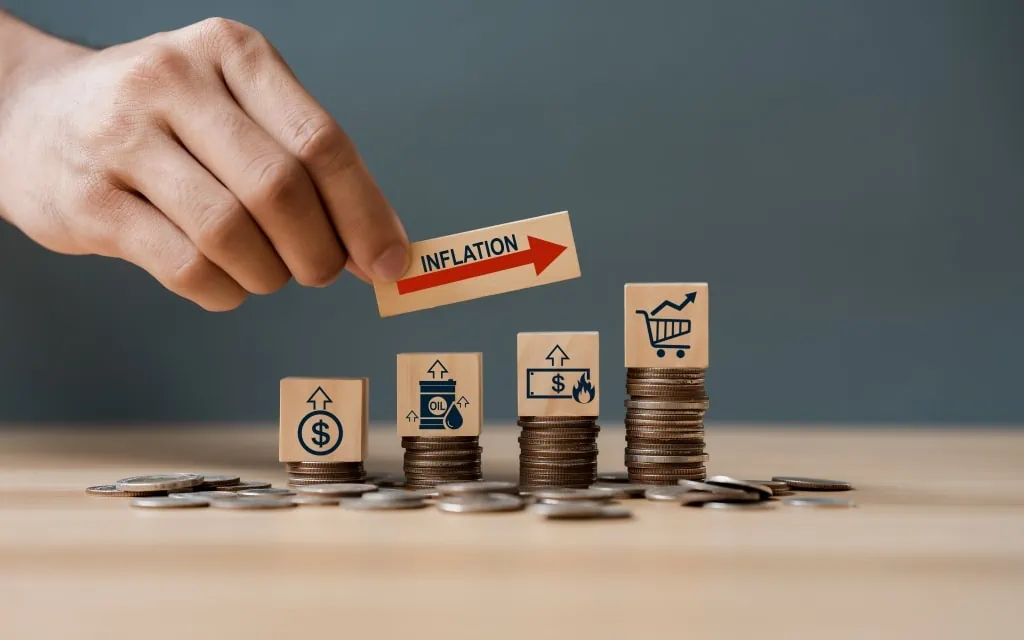3 Ways cash rate hikes affect interest rates for investment property
Investment property owners need to be aware of how cash rate hikes can impact their investment home loans as well as the interest rates for investment property. As of this writing, the current cash rate sits at 4.10%.
This easily translates to thousands of dollars more in repayments for those with investment property home loans than they were paying the same time last year! While the Reserve Bank of Australia (RBA) sets the cash rate, it’s essential to understand the potential effects on your investment property’s interest rates. Let’s delve deeper into the three key ways cash rate hikes can influence investment property interest rates and your investment home loan.
What is cash rate?
The cash rate refers to the interest rate set by the Reserve Bank of Australia (RBA). It is the rate at which commercial banks and financial institutions borrow or lend money among themselves on an overnight basis.
The RBA uses the cash rate as a tool to influence economic activity and manage inflation within the country. It plays a significant role in determining interest rates for various financial products, including real estate loans for investors.
When the RBA increases the cash rate, it indicates a tightening of monetary policy, with the aim of curbing inflationary pressures. As a result, banks and lenders typically adjust their lending rates accordingly, which can impact the interest rates on investment home loans.
Cash rate vs Interest rate: what’s the difference?
The cash rate and interest rate are related concepts, but they have distinct meanings in the context of financial markets and borrowing.
While the RBA uses the cash rate as a tool to manage the country’s monetary policy, regulate economic activity, and control inflation, interest rate on the other hand, refers to the rate charged by lenders on loans or earned on investments. It represents the cost of borrowing money or the return on invested funds. The interest rate is determined by various factors, including:
- RBA cash rate
- ender’s risk assessment
- market conditions
- loan type
- borrower’s creditworthiness
- prevailing economic factors.
Note that not all interest rates directly align with the cash rate. Lenders may have their own considerations, strategies, and costs that can lead to variations in the interest rates they offer to borrowers.
It’s important for investors to keep a close eye on the cash rate and its potential impact on interest rates investment property. Understanding the relationship between the cash rate and the investor interest rates allows investors to make informed decisions regarding their property investments and financial strategies.
3 Ways interest rates for investment property are affected by cash rate hikes
Increased repayments and cash flow
When the RBA raises the cash rate, banks and lenders typically increase their interest rates on loans, including interest rates for investment property. As a result, your loan repayments will increase, which can directly impact your cash flow.
Reassess your budget and ensure that you can comfortably manage the higher repayment amount..
Impact on property value
Rising interest rates for investment property can affect the demand. When borrowing becomes more expensive, the demand for purchasing properties may decrease, which could lead to a decline in property values.
Consequently, the capital growth potential of your investment property may be affected. And if fewer tenants are willing to pay higher rental rates due to increased interest rates, it can impact your rental income.
Variable vs. Fixed-Rate Loans
Investors with variable interest rate loans are more susceptible to cash rate fluctuations. As the name implies, variable interest rates can change in response to market conditions, including the cash rate set by the RBA.
If the cash rate increases, the interest rate on your variable rate loan is likely to follow suit, leading to higher repayments. On the other hand, if you have a fixed-rate investment home loan, your interest rate remains unchanged during the fixed-rate period.
Do keep in mind that once the fixed-rate period ends, the interest rate will switch to a variable rate, potentially affected by future cash rate movements.
What you can do during a time of high interest rates
While cash rate hikes can pose challenges, there are strategies to mitigate their impact on your investment home loan. Consider the following approaches:
Refinance your home loan for investment property
Refinancing your investment home loan involves replacing your current loan with a new one from a different lender. Take advantage of the competitive lending market to secure a lower interest rate or more favorable loan features.
Refinancing can potentially lower your repayments, improve your cash flow, and make managing your investment property more sustainable.
Negotiate with your lender
Engage in open communication with your lender to explore the possibility of negotiating a lower interest rate. Present your case based on your positive payment history and financial stability. A reduced interest rate can help alleviate the impact of cash rate hikes on your loan repayments and make your investment property more affordable.
Make smart investments with North Brisbane Home Loans
By understanding how cash rate hikes affect your investment home loan, you can proactively strategise and adapt to the changing economic landscape. Consulting with a professional mortgage broker Brisbane can provide invaluable guidance and support throughout the refinancing process.
Remember, staying informed, proactive, and working with trusted professionals will empower you to make well-informed decisions regarding your investment home loan. Click the button below and get in touch with the NBHL team.

Patrick Cranshaw, a Certified Mortgage Professional for over 21 years, founded North Brisbane Home Loans in 2002. His career began with ANZ Bank in New Zealand, where he progressed over 16 years to a Business Banking role in Virginia. After moving to Brisbane in 2000, Patrick led the QLD market for a home loan agency, helped set up the REMAX Real Estate Finance division, and practiced as a broker.










